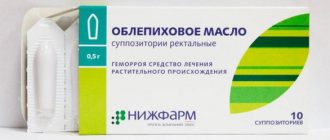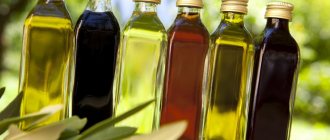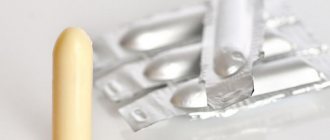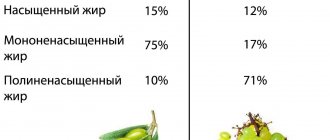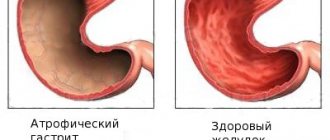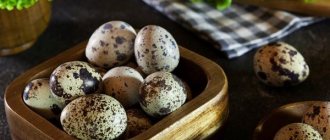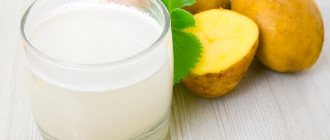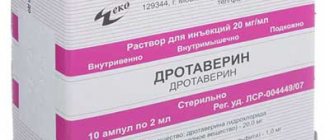Sea buckthorn oil has long attracted medical professionals and ordinary people with its medicinal properties. It is used not only to achieve cosmetic goals, preserving and improving the appearance of hair, skin and nails, but also to solve more serious problems.
How is sea buckthorn oil beneficial for the stomach and intestines?
The oil contains components (polyunsaturated fatty acids, amino acids, vitamins A, B, E, etc.) that will be useful for the body to combat:
- gastritis,
- stomach and duodenal ulcers,
- oncology,
- stomach erosion,
- chronic and nonspecific colitis.
So what are the medicinal properties of sea buckthorn oil for the stomach and intestines that the body will “like” for the treatment and prevention of the above-mentioned diseases?
- Healing property: the oil promotes rapid healing of areas of the stomach and intestinal mucosa that are affected by ulcers (by the way, the healing effect is also relevant when using sea buckthorn oil for burns).
- Protective property: increases immunity and thereby protects the body from negative effects (as a result, it is permissible to use sea buckthorn oil during pregnancy).
- Anti-inflammatory property: slows down inflammatory processes in the body during illness (which is why sea buckthorn oil is effective for coughs and runny nose), restores affected areas of the gastrointestinal tract.
- Antimicrobial property: helps the body fight pathogenic microorganisms, destroys the main source of gastritis and ulcers - the bacterium Helicobacter pylori.
What is contained in sea buckthorn
The bright orange fruits that cling to the bush of this useful plant contain the following vitamins and other necessary compounds (the content is given per hundred grams of berries):
- Carotenes and carotenoids (thanks to carotenoids, vitamin A is formed in the body) ~ 4.5 g.
- B1 (needed for the health of organs and systems in general, necessary for the heart, intestines and stomach, as well as the nervous system) ~ 0.016-0.085 mg, B2 (participates in the important function of producing antibodies and red blood cells, corrects reproductive function, as well as thyroid function glands, condition of hair, skin and nails) ~ 0.05 mg, B3 or nicotinic acid (participates in the oxidative reactions of the body, which are the basis of its normal functioning, helps absorb vitamin C) ~ 0.45 mg, B5 ~ 0.2 mg , B6 ~ 0.8 mg, B9 or folic acid (participates in the functioning of the immune and circulatory system) ~ 0.79 mg.
- Provitamin A or carotene (needed for good vision, normal and healthy growth in the human body, this provitamin also regulates sexual function, normal functioning of the endocrine system, counteracts bacteria, fungal diseases, helps improve the condition of the skin and mucous membranes of the body) ~ 0.9- 10 mg.
- Vit. C (this antioxidant is needed especially in the cold season, with a high probability of epidemics, as well as for the normal metabolic process of bone tissue, namely, for its growth or renewal) ~ 50-300 mg.
- Vitamins of group P, related to unsaturated fatty acids (in the shrub in question, vitamin P is presented in the form of flavonoids, including rutin, it increases the strength and strength of blood vessels and reduces the ability of blood to clot, therefore it is useful for dilated veins and hemorrhoids) ~ 75-100 mg.
- Group of vitamins K or folliquinones (needed for the production of its own protein in the human body, as well as for improving the condition of the kidneys and bone tissue) ~ 0.9-1.5 mg.
- Vitamin E or tocopherol (another effective immunomodulator; extremely important for reproductive function; tocopherols are contained in sea buckthorn in much larger quantities than almonds) ~ 5-18 mg.
- Potassium (primarily needed for the smooth functioning of the heart, capillaries, brain and kidneys) ~ 193 mg.
- Vitamin F (regulates metabolism in the skin).
- Magnesium (helps muscle contraction, metabolic processes, transmission of nerve impulses) ~ 30 mg.
- Manganese (necessary for the thyroid gland).
- Calcium (is the main building element for bones, hair and nails, is involved in the production of hormones, regulates muscle contraction) ~ 22 mg.
- Phosphorus (P) (needed for bones, participates in cell division, energy synthesis, general metabolism, in the functioning of the central nervous system, activates vitamin D) ~ 9 mg.
- Sodium (maintains water-salt balance in cells) ~ 4 mg.
- Copper (affects almost all processes occurring in a healthy human body).
- Silver (participates in the synthesis of certain hormones and enzymes).
- Saturated fatty acids (participate in the construction of cells; sea buckthorn oil contains fatty acids such as palmic acid - 30-40%, stearic acid - 1.5%, myristic acid - 1-1.5%).
- Silicon (participates in bone growth and the formation of cartilage and joints).
- Pectin substances (help improve intestinal motility; the pectin content in sea buckthorn is lower, the more mature the fruits become) ~ 0.8 g.
- Iron (thanks to iron, you can gain “iron” nerves and get good blood) ~ 1.4 mg.
- Monounsaturated and polyunsaturated fatty acids (sea buckthorn contains a lot of substances such as palmitoleic acid (content in sea buckthorn oil is about 30%), linolenic acid Omega-3 (content in sea buckthorn oil is about 6%), linoleic acid Omega-6 ( content in sea buckthorn oil is about 15%) and Omega-9 oleic acid (content in sea buckthorn oil is about 13%), unsaturated fatty acids improve the condition of cell membranes and promote proper protein synthesis.
- Sucrose, glucose and fructose (carbohydrates necessary for the body to obtain energy, but not in large quantities; there are just a few of them in sea buckthorn) ~ 2.5 g.
- Tannin (has antidiarrheal and blood-restoring properties).
- Serotonin (regulates vascular tone, helps blood clot, is the so-called joy hormone).
- Beta-carotene (contained in very large quantities in sea buckthorn, it not only helps the eyes see better, but also inhibits the formation of cancer cells; in addition, the substance “beta-carotene” has an excellent effect on the sweat, sebaceous glands, pancreas and thyroid gland; in particular The beta-carotene contained in sea buckthorn will help with increased thyroid function due to a decrease in insulin activity and promoting the formation of glucose).
- Organic acids (tartaric, oxalic, malic) ~ 2.8 g.
- Tannins (strengthens tissues).
- Phytoncides (have a beneficial effect on the respiratory organs and skin).
- Nitrogen-containing compounds (participate in redox processes in the body).
Thanks to regular eating of sea buckthorn fruits, you can improve your body and almost all its organs and systems, which is extremely important in winter and autumn or in case of diseases for the treatment of which it is urgently necessary to boost immunity.
General contraindications
Despite the wide range of actions, if used incorrectly and without the instructions of the attending physician, sea buckthorn oil, instead of a miracle remedy, can turn into poison, which not only will not improve a person’s condition, but will also aggravate the situation, adding side effects to the existing disease in the form of diarrhea, dehydration, vomiting, headaches, loss of consciousness, weakness. Therefore, in order to avoid negative consequences, it is necessary to undergo a full consultation with a doctor before use.
The use of the product is strictly prohibited for people suffering from cholelithiasis, pancreatitis, cholecystitis, liver diseases, and in the presence of individual intolerance to the components. In addition, oil consumption is not recommended for children under 12 years of age.
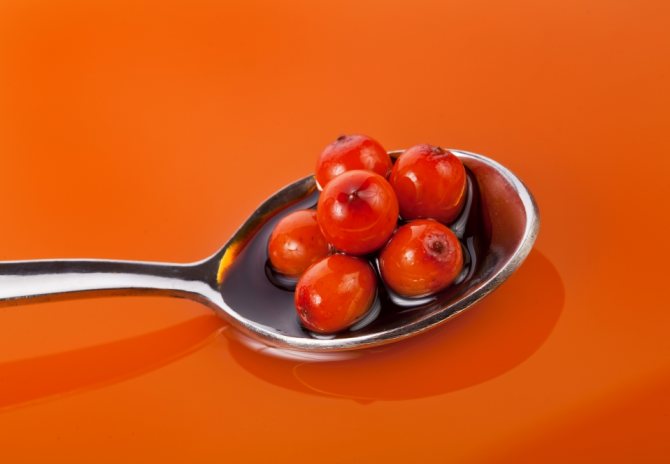
Is sea buckthorn oil good for gastritis?
When used correctly, sea buckthorn oil can become an effective assistant in the fight against various types of gastritis. An important clarification is to become an assistant, because sea buckthorn oil cannot be used as the only treatment for such a disease. Sea buckthorn oil for the stomach for gastritis should be used as an addition to the main medications prescribed by the doctor.
How to take sea buckthorn oil for gastritis?
Sea buckthorn oil is used both for the treatment of gastritis and for prevention. During treatment, a long period of therapy is prescribed, which must not be disrupted or interrupted.
If you have gastritis, the oil extract should be taken orally twice a day, half an hour before meals, one teaspoon.
It is not recommended to drink the product before bedtime, because... The stomach must be actively functioning when taking the oil. To avoid unpleasant consequences on an empty stomach, and if there is no meal in the near future, it is better not to use the product.
If using the product causes heartburn, then after taking it you can drink a glass of soda solution (water mixed with a small amount of soda).
Contraindications for gastritis
When treating gastritis with sea buckthorn oil, you should pay attention to the patient’s health: whether it improves or worsens from the use of the product. If the body responds to taking the drug with any skin rashes, hives or other allergic reactions, then the course of therapy should be stopped.
The use of sea buckthorn oil for gastritis can negatively affect a person’s condition if there are signs of diarrhea. In addition, treatment in this way should be abandoned in the presence of pancreatitis, cholangitis, cholecystitis, hepatitis, cirrhosis, and gallstones.
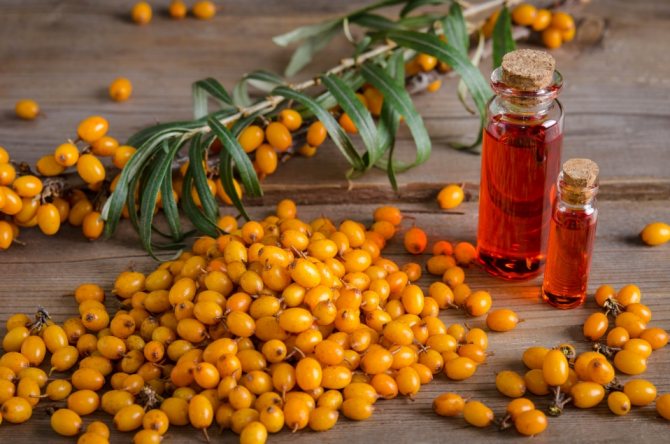
How to cook at home
Of course, it’s easier to buy sterile oil at the pharmacy. But to be sure of the beneficial properties of the drug, it is better to prepare it yourself. The recipe is quite simple.
Freshly picked berries need to be washed, dried and put into a juicer. The juice itself is not needed for the oil, so you can simply drink it (it contains a lot of useful substances). The cake obtained as a result of processing must be filled with ordinary vegetable oil in the following proportion: for 1 cup of cake – 100 ml of oil. The substance is infused in a closed jar for a week (in a cool place).
Next, the oil is filtered from the old cake, and a new portion of processed sea buckthorn is poured into it. They also insist for a week. After this, the product must be filtered again, and stomach and duodenal diseases can be treated with it.
There is another way to prepare natural sea buckthorn oil. Clean berries are dried in the oven at low temperature. It is important to dry them and not bake them. They come out hard as nuts. Next, the berries are ground into flour using a coffee grinder and poured with sunflower oil (for 1 cup of berries - 1/3 cup with oil). The mixture is placed in a dark place.
Remember to stir the product daily. After a week, the oil must be filtered to remove impurities and left to infuse for another 10–12 days. Sediment will again form at the bottom of the dish. The finished product must be poured into another jar, separated from the sediment. Sea buckthorn oil is ready for use.
Sea buckthorn oil for stomach ulcers
Thanks to the enveloping properties of sea buckthorn oil, pain syndromes associated with stomach ulcers are reduced, and thus the patient’s well-being improves. When it enters the stomach, the product begins to envelop its walls, as a result of which erosion of the mucous membranes does not come into contact with gastric juice, which leads to the fact that the ulcer is not irritated by the acidic environment of the stomach.
According to gastroenterologists, with long-term and regular use of sea buckthorn oil, the gastric mucosa is restored and the ulcer heals.
Use the remedy for stomach ulcers in the same way as for gastritis (one teaspoon twice a day).
